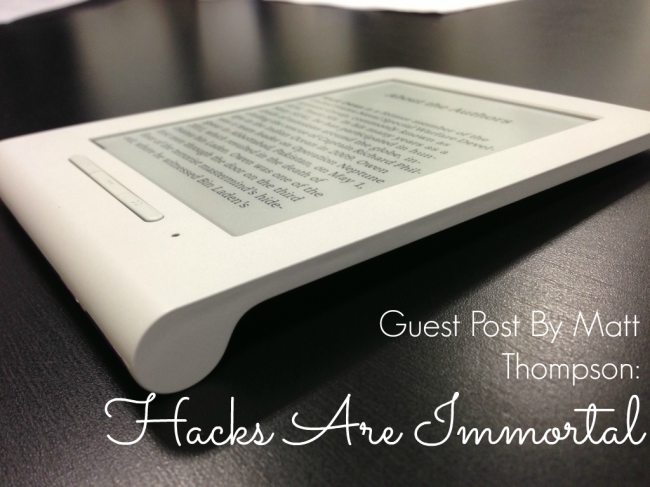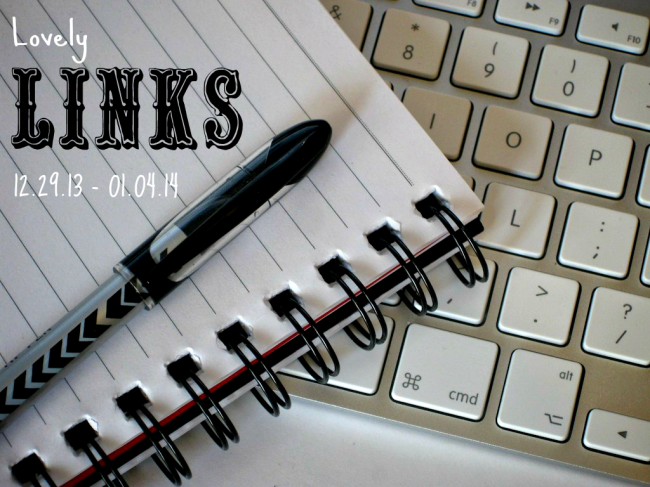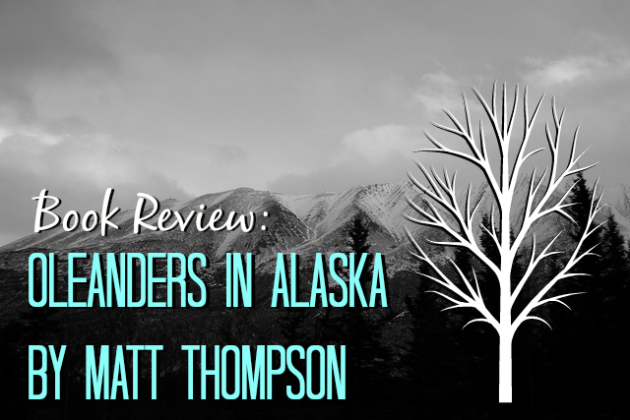
A few weeks ago I was asked by the esteemed owner of this blog if I’d like to do an interview to help promote my new book. As an independent author it was an opportunity I readily accepted. It’s not the first interview I’ve done, but I realized that I felt differently about this one. I was excited about it because I knew I had something to say, something that I felt (and feel) strongly about. I found myself hoping to be asked a specific question. I was not disappointed.
What I wanted to be asked about was e-books. *Audible groan. E-books are a point of contention in the writing world, and I find myself uncomfortably straddling the chasm between the two sides. What I said in the interview is essentially this: e-books get an unfair rap. It is often assumed that all e-books are amateurish vampire romance or s&m stories with terrible covers and worse grammar. A basic interview isn’t the time to go into extensive detail (although I was perhaps a bit wordy) but now that I have a more appropriate forum I’d like to more clearly explain where I stand.
More than fifty years ago Gore Vidal wrote an essay entitled “The Hacks of Academe” which I read for the first time almost exactly one year ago. As I reread the essay in preparation for this post I noticed something I didn’t before, something quite relevant to the e-book controversy. On top of airing out his grievances with John Barth, Vidal bemoans the state of fiction in America. He is concerned that the serious American novel is dying, and it is because of its most ardent supporters: academics. What I never caught in my first reading is that Vidal is not as concerned with the quality of the serious American novel, (he had some reasonable qualms with Barth’s willfully obtuse writing) but with the exclusivity of it. He fears that serious novels are only being written by academics, for academics in a vicious cycle that ends with the pool of serious readers and writers painfully dwindling down to zero.
Vidal is spot on, and it persists today. But even worse, it has spread to e-book enthusiasts as well. This cliquishness cannot continue in the best interest of the novel. Academics are as unwilling to accept as ever. Wander onto any college campus in America and attempt to speak to an English professor about a great novel you read, a kindle exclusive. Stonewall. Universities continue to perpetuate an increasingly narrow view of what is worth reading. The arrival of the e-book has only made them close ranks more than ever before. This is nothing new, but there has been another adverse reaction.
The e-book enthusiasts have responded to rejection by academics by closing their own ranks. They’ve created their own cult of exclusivity, but instead of literary novels, it is genre and proud. Literary novels published in e-book form are routinely ignored by e-book blogs. Most e-book blogs (believe me I’ve checked) don’t even have “literary” listed as an option. Some will gladly review paranormal vampire futuristic dystopian books, but not any considered literary. My point is not to disparage paranormal vampire futuristic dystopian books, but only to point out that literary books are being specifically left out.
Both sides of the debate are entrenched and have no desire to change their position. Exclusivity reigns. It is absurd that the “death” of the serious American novel has occurred simultaneously with the meteoric rise of the e-book. While literary critics continue to rant about the lack of serious readers, more people than ever have access to books. E-books and the serious novel could be a match made in heaven. They could be the power couple that restores serious fiction to relevance in contemporary culture. And yet...it hasn’t happened.
It is especially frustrating for someone like myself. I am seeking my second university degree in English and I write literary fiction. I am also an independent author who publishes via the Kindle format. I am in both camps. So I stand here, straddling the chasm, beset on all sides by yelling and disagreement, begging for quiet, asking: why can’t we be friends?
Matt Thompson is the author of two novels and numerous short stories. His work has been featured in apt. magazine.
www.amazon.com/author/shutupcabbage
mthompsonwriting@gmail.com





